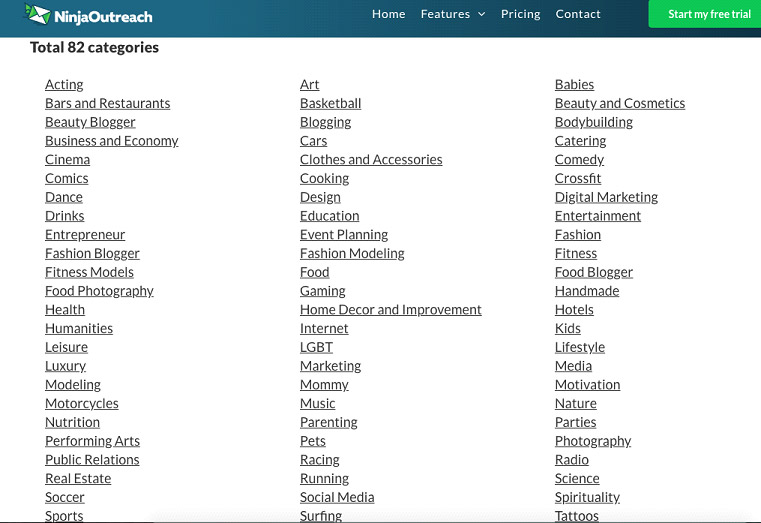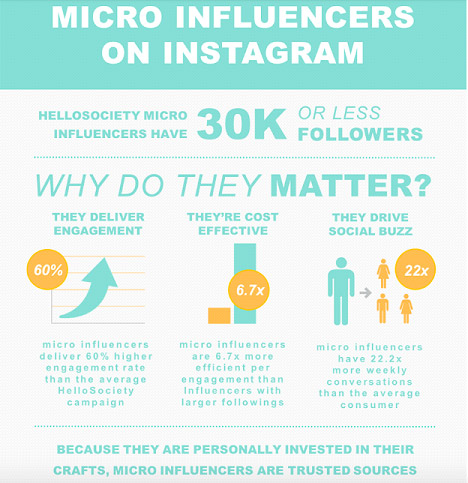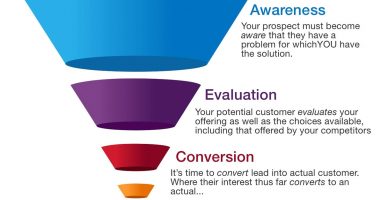
Table of Contents
- Introduction
- Influencer marketing doesn’t work for my
industry - Celebrity influencers are the only ones effective
- There is no way to measure influencer campaigns
- Influencer campaigns should be entirely automated
- Influencers can breathe new life into flawed
ideas and products - Closing thoughts
Introduction
Influencer marketing, which taps into the reach and impact of influencers on their audience, has been experiencing an upward trend in its implementation. As more and more businesses are realising its potential and embracing the strategy, it is gaining more popularity.
But like every other strategy, it is falling prey to the various myths that surround it.
It is common that when businesses explore new opportunities, those paths are often new and hence unexplored, which creates some assumptions that translate into ill-founded beliefs. A similar fate is being experienced by this very popular social strategy.
Let’s explore those myths here and break them for good:
1. Influencer marketing doesn’t work for my industry
The biggest advantage of influencer marketing is that it isn’t restricted to a particular industry. No matter what the niche, you can find influencers there. And with influencer search tools coming in, locating the right influencers has become even easier.
However, a lot of brands think that influencer marketing won’t work for their industry and that there are no influencers to speak for their product.
On a positive note, this is far from the truth. As mentioned earlier, there are a number of tools that let you find the influencers based on categories. And these categories cover a wide range of industries – art, beauty, fashion, fitness, gaming etc.

2. Celebrity influencers are the only ones effective
Yes, that is a very popular myth surrounding influencers – that only celebrities can help you meet your business goals and the other influencers don’t work as much. This myth stems from our misguided beliefs about influencer metrics. Most of the marketers, when looking for influencers, consider the influencer’s numbers as the most crucial determinant of their reach and influence. And while celebrity endorsements do bring in great results for some brands, they are almost always inaccessible to small businesses due to budget constraints. And sometimes they don’t create a long-lasting influence.
It thus becomes important to go beyond these celebrities and look over to the other side – which is the micro influencers. Not only are they cost effective, but they also drive 60% higher engagement than their macro influencers.

3. There is no way to measure influencer campaigns
Measuring influencer campaigns is actually a very important aspect of influencer marketing. But many marketers continue to believe that there is no way to measure the success of these partnerships. But again, this is another big myth.
When you create influencer campaigns, you can monitor them against a number of metrics through the dashboard provided in the influencer marketing tools. These metrics could be anything from clicks to impressions to engagement. It’s time for businesses to know and make the best use of this analysis.
4. Influencer campaigns should be entirely automated
When companies create their influencer campaigns, they often assume that the tools will automatically take care of the whole process. While the tools are powerful and make life easy, they don’t offer a complete influencer solution. Various aspects like offline events, Q&As are sometimes ineffective without a personal approach.
What we mean is that these campaigns to be truly successful, there needs to be more space for personalisation than automation alone. In fact, many companies with successful influencer campaigns approach specialised influencer marketing agencies for their expertise and insights instead of relying on online tools entirely. This helps adds a unique value to your influencer plan.
5. Influencers can breathe new life into flawed ideas and products
This problem happens especially with companies in their initial stages. Even when they haven’t fully vetted a product, they decide to bring it to the influencers in the hope that they will get their idea to work.
This is one of the many reasons why so many ideas get rejected. A typical example of this is a TV show that invites startups to present their pitch and attract investors (and here investors are also very prominent social figures aka influencers). This show is a perfect example of how bad ideas fail to convince influencers and even when influencers get onboard, those ideas still fail to work.
Closing thoughts
Influencer marketing is helping brands channelise the powers of important social figures to unlock more conversions and profits. Influencers are even assisting brands in changing the mindset of their audience and perceive the products in a new light; making it a very attractive marketing technique. To ensure that you tap fully into the influence, eliminate the above false beliefs and create better future campaigns.




